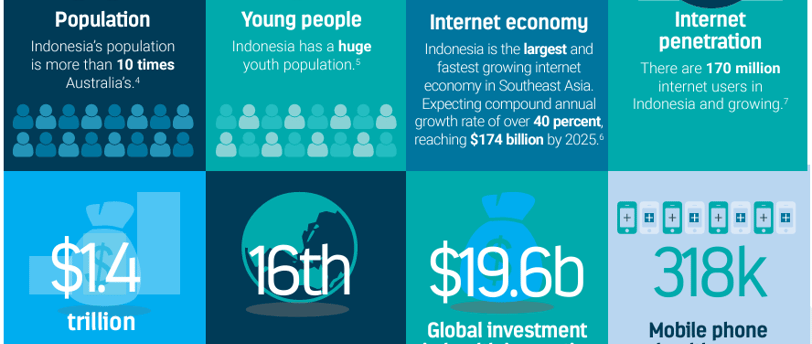Comprehensive Strategies for Successful Healthcare Digital Transformation
In today's dynamic healthcare ecosystem, digital transformation has become more than just a buzzword; it's a strategic imperative. As healthcare organizations navigate the complexities of modern healthcare delivery, leveraging digital technologies is essential for enhancing patient care, improving operational efficiency, and driving innovation.
Dr. Manish Shrivastava
11/23/20243 min read


Successful digital transformation in healthcare requires a comprehensive strategy that goes beyond technology adoption alone. In this article, we look into the key insights and strategies to ensure successful healthcare digital transformation.
Transformation Priority
At the core of successful digital transformation lies the prioritization of transformation initiatives over technology adoption in isolation. While technology undoubtedly plays a crucial role, it is the restructuring of processes and workflows that drives sustainable change. Organizations must establish a robust transformation program supported by the right technology solutions. This involves defining clear objectives, engaging stakeholders across the organization, and fostering a culture of innovation and adaptability.
People's Role
One of the critical success factors in healthcare digital transformation is recognizing the central role of people. Effective leadership and change management are paramount for navigating the complexities of organizational change. Leaders must inspire and empower teams, fostering a shared vision for the future of healthcare delivery. Moreover, frontline healthcare professionals should be actively involved in the design and implementation of digital solutions to ensure that technology aligns with their workflows and enhances rather than hinders patient care.
Strategic System Design
Designing digital systems that address recognized issues and cater to user needs and workflows is essential for success. It's not just about implementing the latest technology; it's about strategically aligning technology with organizational goals and user requirements. Organizations must conduct thorough needs assessments, engage end-users in the design process, and continuously iterate and refine digital solutions based on feedback and evolving requirements.
Analytics Investment
Maximizing the benefits of digital systems requires a strategic investment in analytics capabilities. Data analytics holds the key to unlocking actionable insights from vast amounts of healthcare data, enabling informed decision-making and proactive intervention. Organizations should invest in advanced analytics tools and capabilities to derive actionable insights from clinical, operational, and financial data. By harnessing the power of data, healthcare organizations can optimize resource allocation, improve patient outcomes, and drive operational efficiencies.
Continuous Improvement
In the ever-evolving landscape of healthcare, digital transformation is not a one-time event but an ongoing journey. Organizations must embrace a culture of continuous improvement, iteration, and learning. This involves adopting agile methodologies, soliciting feedback from end-users, and adapting digital solutions in response to changing needs and emerging trends. By fostering a culture of innovation and agility, healthcare organizations can stay ahead of the curve and drive sustainable digital transformation.
Interoperability Advocacy
This remains a significant challenge in healthcare, with fragmented systems and data silos hindering seamless information exchange. Organizations must advocate for interoperability standards that enable seamless data sharing between disparate systems and stakeholders. By promoting interoperability, healthcare organizations can improve care coordination, enhance patient safety, and facilitate data-driven decision-making across the healthcare continuum.
Data Security Emphasis
As healthcare becomes increasingly digitized, safeguarding sensitive patient data is paramount. Strengthening information governance and data security measures is essential for protecting patient privacy and mitigating cybersecurity risks. Organizations must implement robust security protocols, adhere to regulatory requirements, and foster a culture of security awareness among employees. By prioritizing data security, healthcare organizations can build trust with patients and stakeholders and ensure the integrity and confidentiality of healthcare data.
User-Centric Approach
A user-centric approach is essential for the successful adoption and utilization of digital solutions in healthcare. Organizations must prioritize the user experience and design digital solutions that are intuitive, user-friendly, and aligned with the needs and preferences of end-users. This involves conducting usability testing, gathering user feedback, and iteratively refining digital solutions to enhance usability and satisfaction.
Stakeholder Collaboration
Collaboration among stakeholders is critical for driving successful healthcare digital transformation. Healthcare is inherently collaborative, involving multiple stakeholders, including providers, payers, patients, and policymakers. Organizations must foster collaboration and alignment among stakeholders to ensure that digital transformation efforts are coordinated, inclusive, and sustainable. By forging strategic partnerships and leveraging collective expertise, healthcare organizations can amplify the impact of digital innovation and drive meaningful change.
Regulatory Compliance
Navigating the regulatory landscape is a fundamental aspect of healthcare digital transformation. Organizations must stay abreast of regulatory requirements and ensure that digital solutions comply with relevant standards and regulations, such as HIPAA, GDPR, and FDA guidelines. Compliance with regulatory requirements not only mitigates legal and financial risks but also ensures patient safety and data integrity. Organizations should establish robust compliance programs, conduct regular audits, and proactively address any compliance gaps or vulnerabilities.
Successful healthcare digital transformation requires a multifaceted approach that encompasses technology, people, processes, and partnerships. By prioritizing transformation initiatives, investing in analytics, fostering collaboration, and ensuring regulatory compliance, healthcare organizations can navigate the complexities of digital innovation and drive meaningful improvements in patient care delivery. As the healthcare landscape continues to evolve, embracing digital transformation is not just a choice—it's a strategic imperative for shaping the future of healthcare.
Connect
Your partner in growth, market expansion, and digital execution across industries.
shri@medora.biz
+62-822-10-20-7000
© 2025. All rights reserved.
